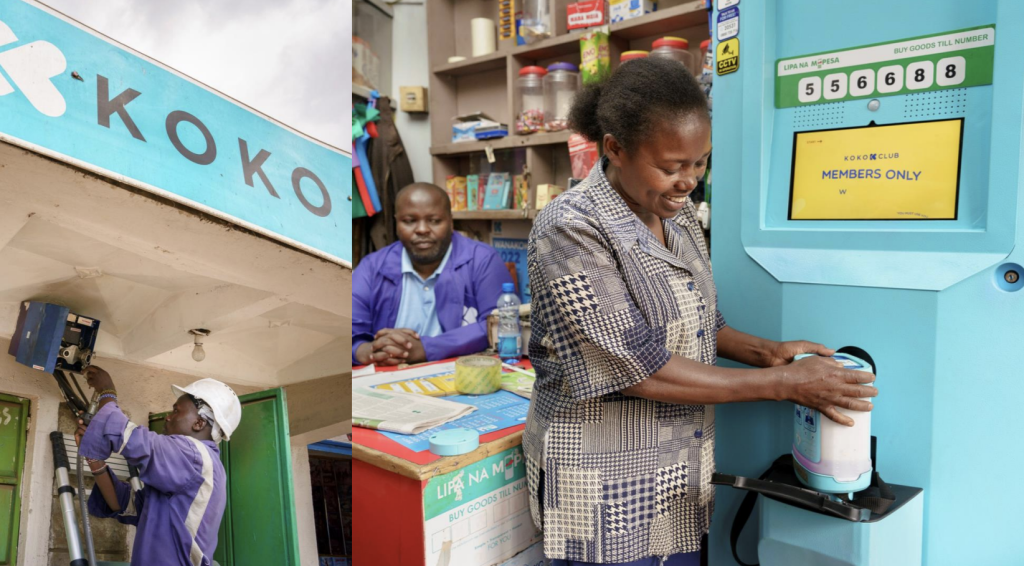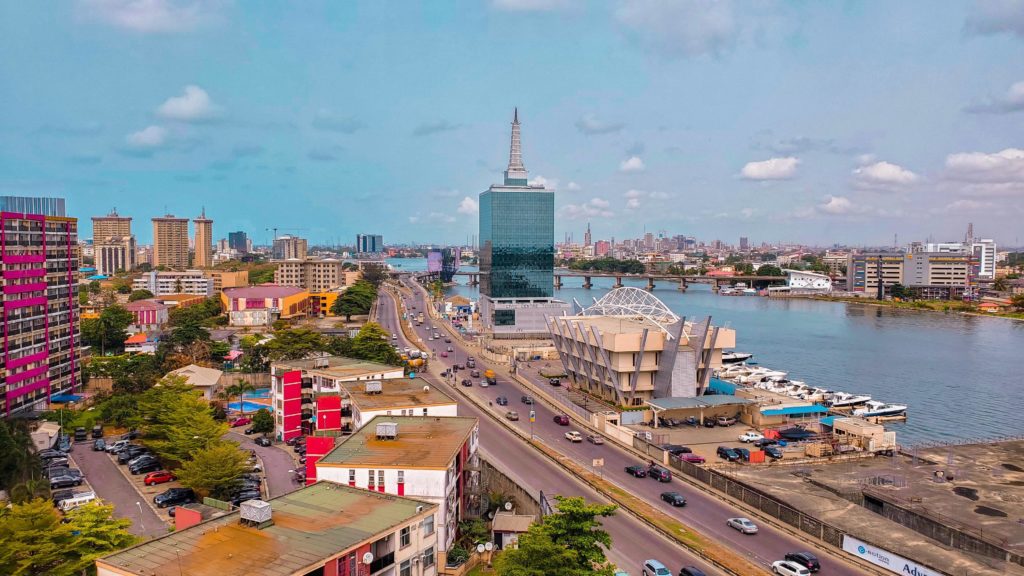Private capital investment in Africa is a key driver of economic growth, with significant potential to transform businesses and sectors across the continent. However, this growth is not evenly spread. In Q3 2024, five countries—South Africa, Kenya, Nigeria, Ghana, and Egypt— emerged as the primary hubs for private capital, according to a new Stears report. These ‘Big 5’ economies alone accounted for 85% of all private capital deals, highlighting their dominant role in shaping the region’s investment landscape.
The dominance of the Big 5 economies is no accident as they offer conducive environments for investment, more stable economic conditions, and policies that promote business growth. For example, Nigeria’s recent strides in fintech regulations and Kenya’s robust mobile money ecosystem are two factors that have attracted international venture capital.
Technology is a crucial area of private capital investment, and the Big 5 countries are again at the forefront. For instance, in Q3 2024, Terrapay raised $95 million in debt financing to expand its remittance operations across Africa, demonstrating the appeal of these economies for tech-focused investment. With well-developed ecosystems that foster innovation, these countries continue to attract significant technology-driven capital.
In Q3 2024, 73 private market deals were recorded across Africa, with 39 deals disclosing a combined value of $2.27 billion. Most private capital activity was concentrated in Southern, East, and West Africa, with Southern Africa leading at 45%, followed closely by East Africa at 41%. West Africa accounted for 33% of the deals, while Central Africa lagged with only 8% of total transactions.
Sector-wise, financial services led the pack, contributing 33% of all private capital deals. Consumer goods followed closely, accounting for 19% of deals, with e-commerce making up 27% of that category as trade and commerce expanded across Africa. In contrast, the technology sector, while still growing, ranked fifth behind agriculture and energy, though 90% of tech deals were equity-based, signalling strong investor confidence in Africa’s tech future.
While the Big 5 dominate private capital flows, smaller economies are also seeing growth despite facing different challenges. Deals outside the Big 5 rely more on debt financing, accounting for 28% of transactions, compared to 18% in the Big 5. The agricultural sector, for instance, remains highly localised, with 91% of its deals confined to a single country. However, the energy sector saw more activity in non-Big 5 countries, with renewable energy projects attracting significant investment, driven by the need to address energy shortages and spur economic growth.
By improving policy frameworks, fostering stronger financial ecosystems, and addressing infrastructure deficits, smaller African economies position themselves as viable alternatives for private capital. The future of Africa’s investment climate will be shaped by both the pace set by the Big 5 and the emerging opportunities across the continent.















